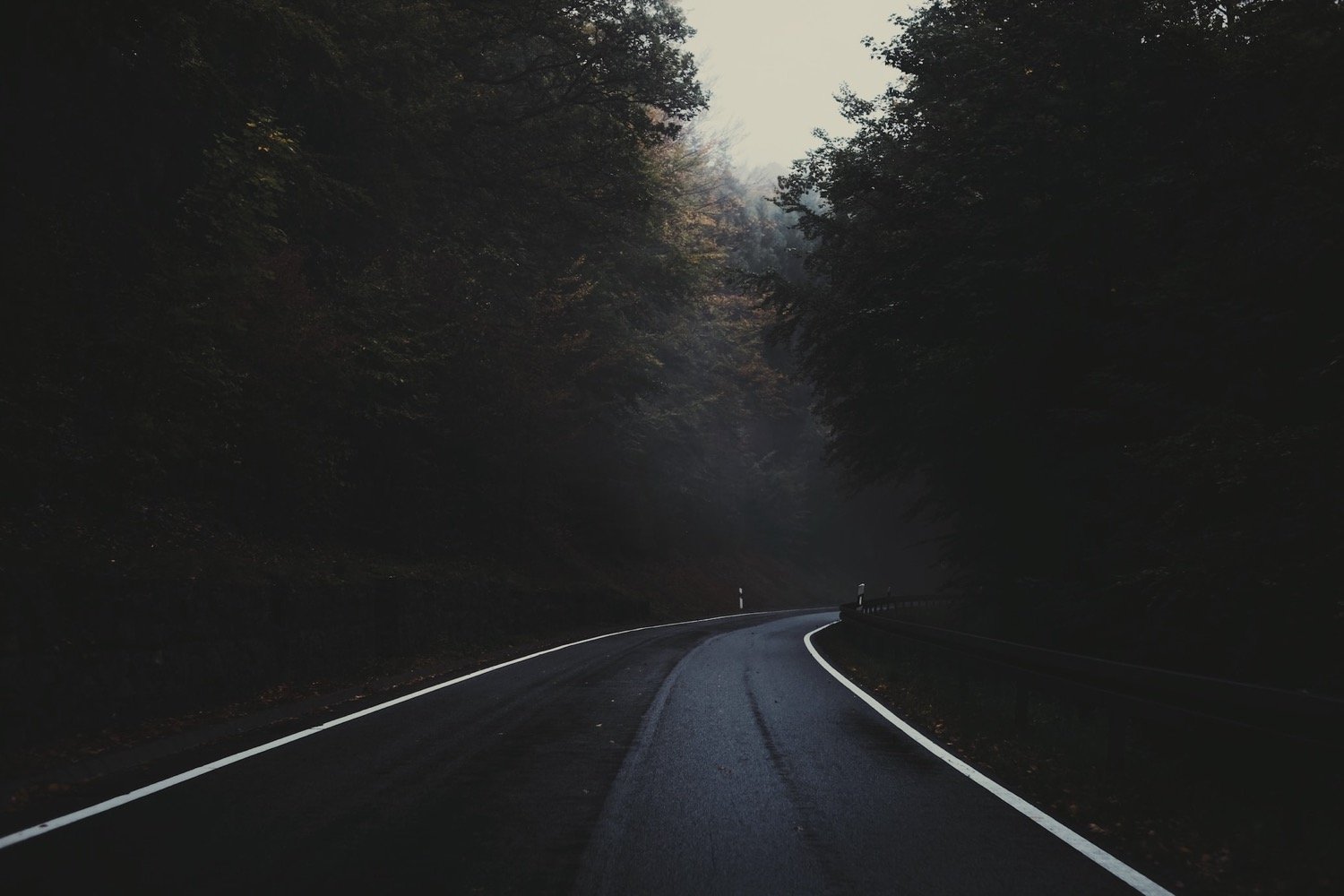Readings for today: Psalms 81, 88, 92-93
Spiritual crisis is real. The consistent witness of God’s people throughout history testifies to the fact that there will be seasons when God seems so distant. When our lives seem so dark. When the light of Christ is hard to find. When the comfort of Christ seems long in coming. During such seasons, we feel overwhelmed by fear. Doubt. The cares and worries of this world press in on us. We feel trapped. Alone. Unable to be consoled.
St. John of the Cross, a 16th century Spanish Christian, famously coined the term, “The Dark Night of the Soul.” It refers to particular seasons in the Christian life where we feel stripped of God’s presence. It’s not true, of course. God is still very much present in our lives but we do not feel Him. We do not experience Him. We do not sense His tender mercies and affections. During such seasons, we feel a void. An absence. And it causes us to wrestle on a deep, foundational level with our faith. As I said above, these experiences are not unusual. St. John of the Cross. St. Paul of the Cross. Mother Theresa. All testify to similar experiences, though their “dark nights” lasted decades. The author of Psalm 88 was clearly familiar with his own dark night. “God, you’re my last chance of the day. I spend the night on my knees before you. Put me on your salvation agenda; take notes on the trouble I’m in. I’ve had my fill of trouble; I’m camped on the edge of hell. I’m written off as a lost cause, one more statistic, a hopeless case. Abandoned as already dead, one more body in a stack of corpses, And not so much as a gravestone— I’m a black hole in oblivion. You’ve dropped me into a bottomless pit, sunk me in a pitch-black abyss. I’m battered senseless by your rage, relentlessly pounded by your waves of anger. You turned my friends against me, made me horrible to them. I’m caught in a maze and can’t find my way out, blinded by tears of pain and frustration. I call to you, God; all day I call. I wring my hands, I plead for help. Are the dead a live audience for your miracles? Do ghosts ever join the choirs that praise you? Does your love make any difference in a graveyard? Is your faithful presence noticed in the corridors of hell? Are your marvelous wonders ever seen in the dark, your righteous ways noticed in the Land of No Memory? I’m standing my ground, God, shouting for help, at my prayers every morning, on my knees each daybreak. Why, God, do you turn a deaf ear? Why do you make yourself scarce? For as long as I remember I’ve been hurting; I’ve taken the worst you can hand out, and I’ve had it. Your wildfire anger has blazed through my life; I’m bleeding, black-and-blue. You’ve attacked me fiercely from every side, raining down blows till I’m nearly dead. You made lover and neighbor alike dump me; the only friend I have left is Darkness.” (Psalms 88:1-18 MSG) It’s a depressing Psalm. One of the few with no resolution. No final ascription of praise. The psalmist seemingly feels God’s absence on a visceral level and is left all alone in darkness.
So why does God allow the dark night of the soul? Why does God not rescue us from the depths of our spiritual crises? Why are such experiences seemingly so common and even necessary for the Christian? I believe it is how we learn the meaning of true faith. True faith must move from the head to the heart to the gut. To the depths of our being. It must become the fundamental reality of our existence. It must transcend what we think. It must transcend what we feel. It has to come from a place so deep within us that it can never be overcome.
Mother Theresa endured her “dark night” from 1948 until her death in 1997. She once wrote, “Where is my faith? Even deep down ... there is nothing but emptiness and darkness ... If there be God—please forgive me. When I try to raise my thoughts to Heaven, there is such convicting emptiness that those very thoughts return like sharp knives and hurt my very soul.” Some have suggested she lost her faith. Not true! In fact, her suffering was very much like that of Jesus on the cross who cried out, “My God, my God, why have you forsaken me?” In the end, Mother Theresa hoped her personal letters would be destroyed lest “people think more of me and less of Jesus.”
There’s no way to know the answer to such deep questions unless one is willing to walk through the valley of the shadow of death to the other side. Thankfully, at the end of my own dark roads, I found God waiting for me there. I found my faith renewed and strengthened in a way I could never have imagined. And I do not harbor any illusions that somehow my journey is at its end or that I won’t have to walk yet another dark road in the course of my life. What I do know is that God has driven my faith deep into my gut. Deep into the bedrock of my being. And though it can be shaken, it can never be destroyed because God is more real than my circumstances. God is more real than my feelings. God is more real than my thoughts. God is more real than my doubts. God is more real than my fears. God is the fundamental reality of my life and I am thankful.
Readings for tomorrow: 1 Chronicles 7-9
